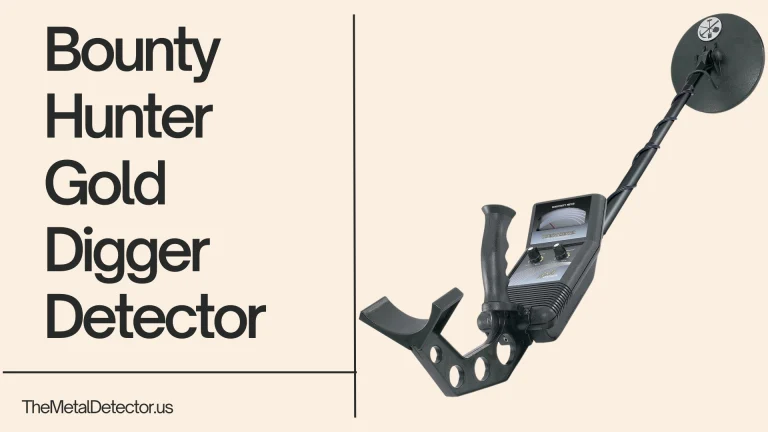Does Titanium Set off Metal Detectors? | 2025 Guide
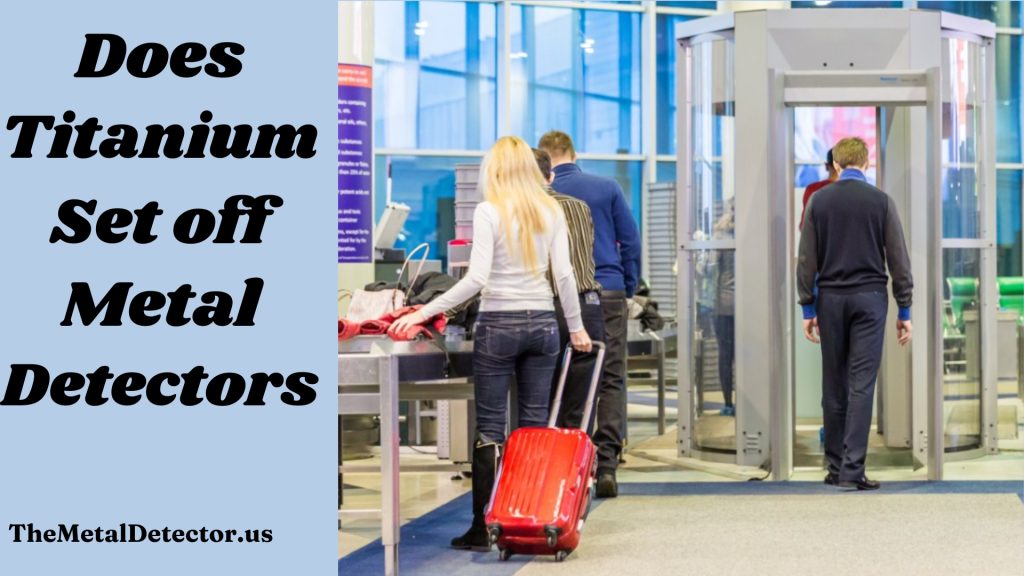
Have you ever been through airport security or any other secure building and you thought that the titanium in your jewelry or medical implants might set off the metal detectors? Titanium is a strong and lightweight metal that used in many items from watches, jewelry and medical devices. It is very popular because of its durability and lightweight that make it a popular choice of many people. But when it comes to metal detectors, does titanium cause those alarms to sound?
The simplest and the shortest answer to this question is No. In this article, we will find out more about “Does titanium set off metal detectors?” and what will you expect when you go through security checkpoints with the titanium item. If you travel a lot and are just curious, this will help you understand what happens with titanium and metal detectors.
What is a Metal Detector

A metal detector is a device that is used to find metal objects buried in the ground. It works by sending an electromagnetic field and then senses it when there are metal objects in that area. People use metal detectors for various purposes like searching for lost coins, jewelry and even old valuables that have been buried underground for a long time.
Some metal detectors are also used in areas with high-security checkpoints like airports and other secured areas to detect weapons and other metal items that might be dangerous. Metal detectors are used for finding treasures and also to keep people safe from danger.
Understanding Metal Detectors and How They Work
Metal detectors use electromagnetic fields to detect the presence of metal objects. These devices emit a magnetic field from the search coil into the ground or surrounding area. When this field encounters metal, the detector alerts the user by signaling an alarm.
Check out our detailed guide on: How to use a bounty hunter metal detector
Common Types of Metal Detectors
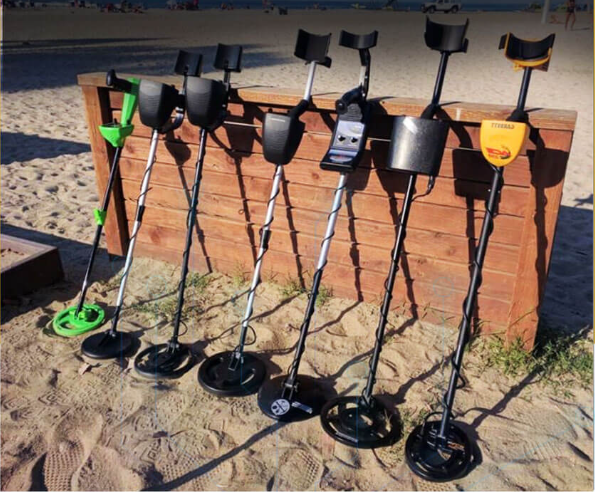
To best understand your questions related to “Does titanium set off metal detectors?” you will first need to understand about the common types of metal detectors. There are two main types of metal detectors commonly used in security:
Hand-Held Metal Detectors
These detectors are portable and compact and can be used for additional screening and detailed inspections. They are versatile and are commonly used by security personnel at entry points in various locations like airports, schools, and event venues.
Walk-Through Metal Detectors
These are full-body scanners that individuals pass through, often seen at airports and large events. They are designed to screen large numbers of people quickly, making them ideal for high-traffic areas.
Learn How to use metal detectors for detecting
Types of Metals
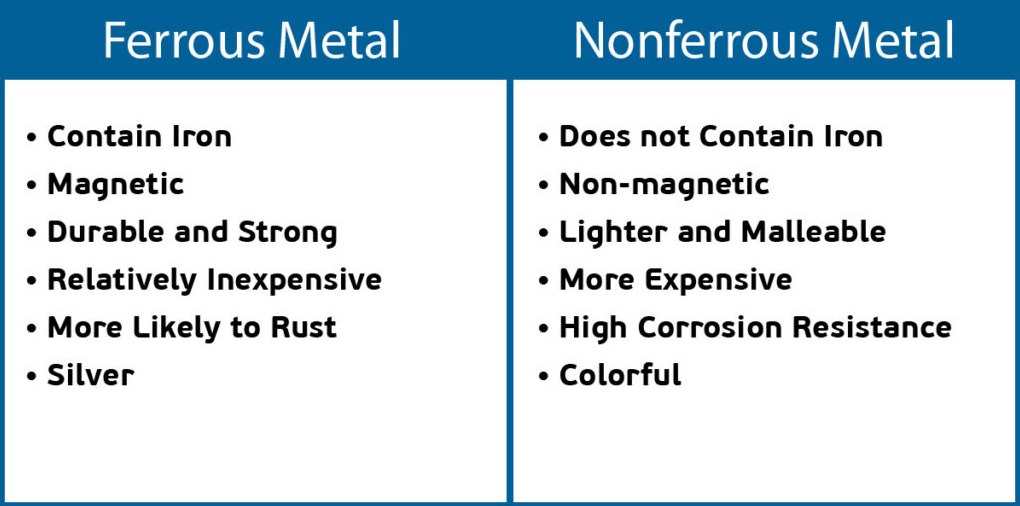
Usually there are two types of metal which are discussed below.
Ferrous and Non-Ferrous Metals
Metal detectors can detect both ferrous and non-ferrous metals, though the type of metal affects detection. Ferrous metals contain iron, making them magnetic and detectable by magnetometers, while non-ferrous metals, such as copper and aluminum, are non-magnetic but detectable due to their density.
Stainless Steel: A Unique Case
Stainless steel is unique because it contains iron, making it magnetic like ferrous metals, but it also has corrosion resistance due to chromium. This combination makes it both durable and resistant to rust, making it interesting for metal detection purposes.
Before buying the coil for your metal detector, must read our helpful article on: Choosing metal detector coil
Understanding Metal Detectors and Medical Implants
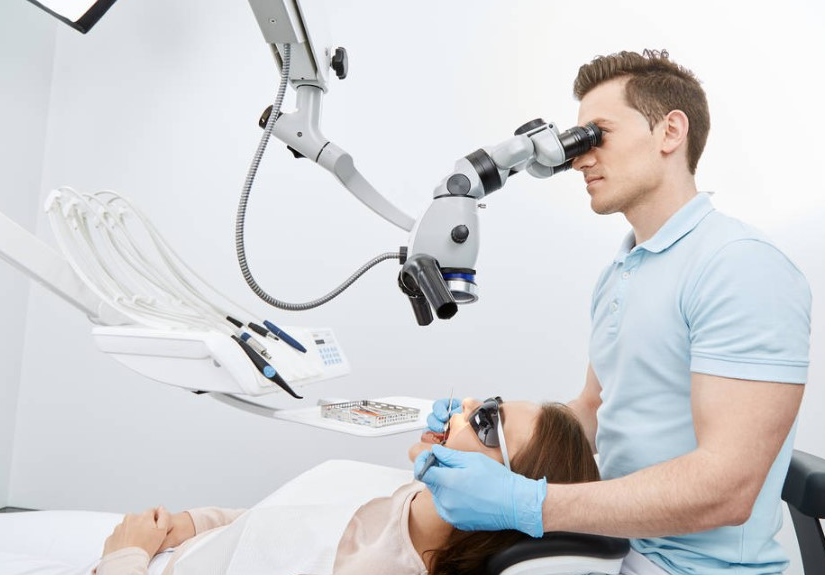
Metal detectors at airports are sensitive to various metals, including those used in orthopedic implants such as stainless steel, cobalt chrome, and titanium. These implants can trigger alarms, leading to additional security checks. Different screening equipment like backscatter X-ray machines, millimeter-wave scanners, and metal detectors are used to detect metals in the body. Passengers with metal implants should inform TSA officers to avoid delays, though further screening may still be required.
Common Issues for Travelers with Metal Implants
Airport Security Procedures for Medical Implants
Titanium and Metal Detectors
Recommendations for Travelers with Implants
You might also like this useful article on Bounty hunter tracker 4 metal detector
Common Uses of Titanium in Everyday Life
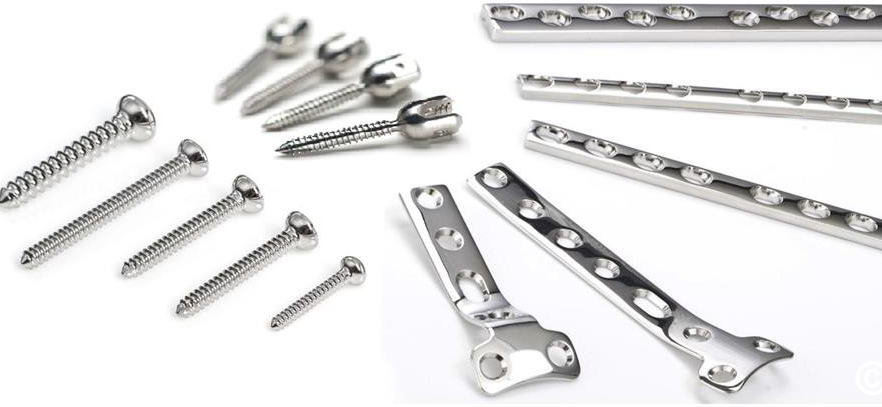
Some common uses of titanium are discussed below:
Medical Implants and Devices
Jewelry
Eyewear Frames
Sports Equipment
Aerospace Industry
Consumer Electronics
Automotive Industry
Construction and Architecture
Conclusion
When considering the question, “Does titanium set off metal detectors?”, it’s important to know that pure titanium usually does not trigger metal detectors because of its low magnetic conductivity. However, in certain situations, like when titanium is alloyed with other metals or used in large amounts, it might set off a metal detector. Therefore, while titanium is generally safe to pass through security without causing alarms, specific conditions could lead to detection.


